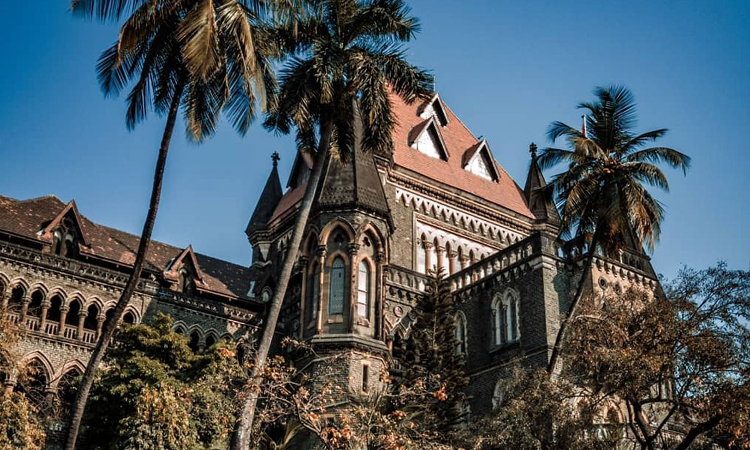The Bombay High Court has held that the Goa Value Added Tax (12th Amendment) Act, 2020, is an impermissible judicial override defying the doctrine of separation of powers.The bench of Justice M. S. Sonak and Justice Bharat P. Deshpande has observed that by simply not issuing sanction orders or delaying the issue of sanctions indefinitely or unreasonably, the state cannot arbitrarily deprive...

